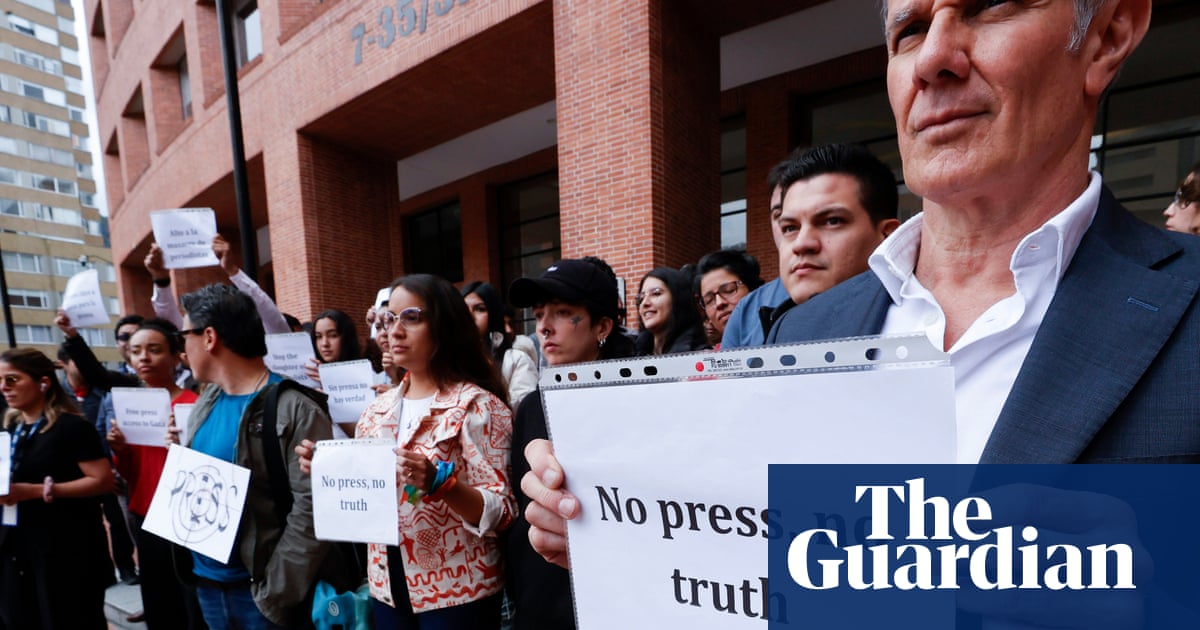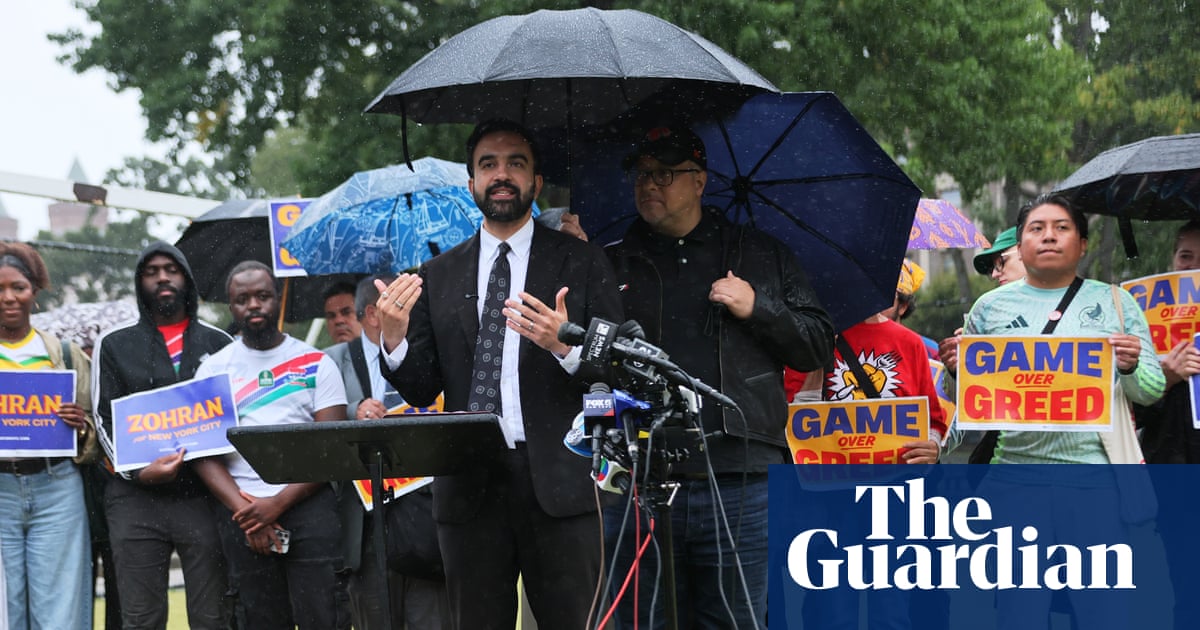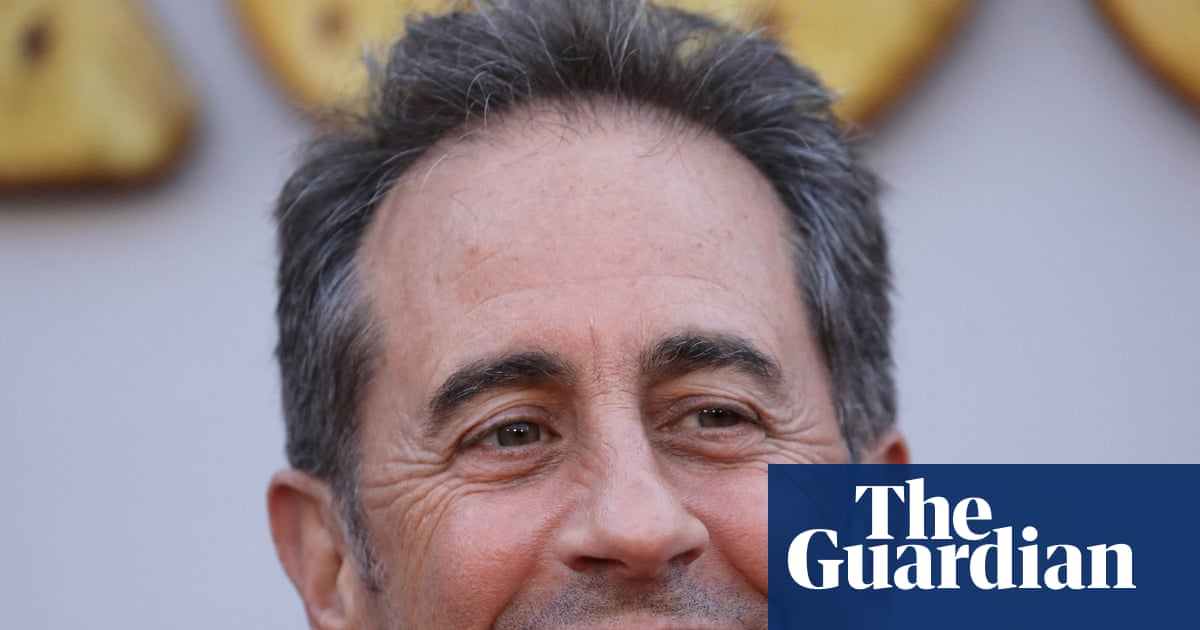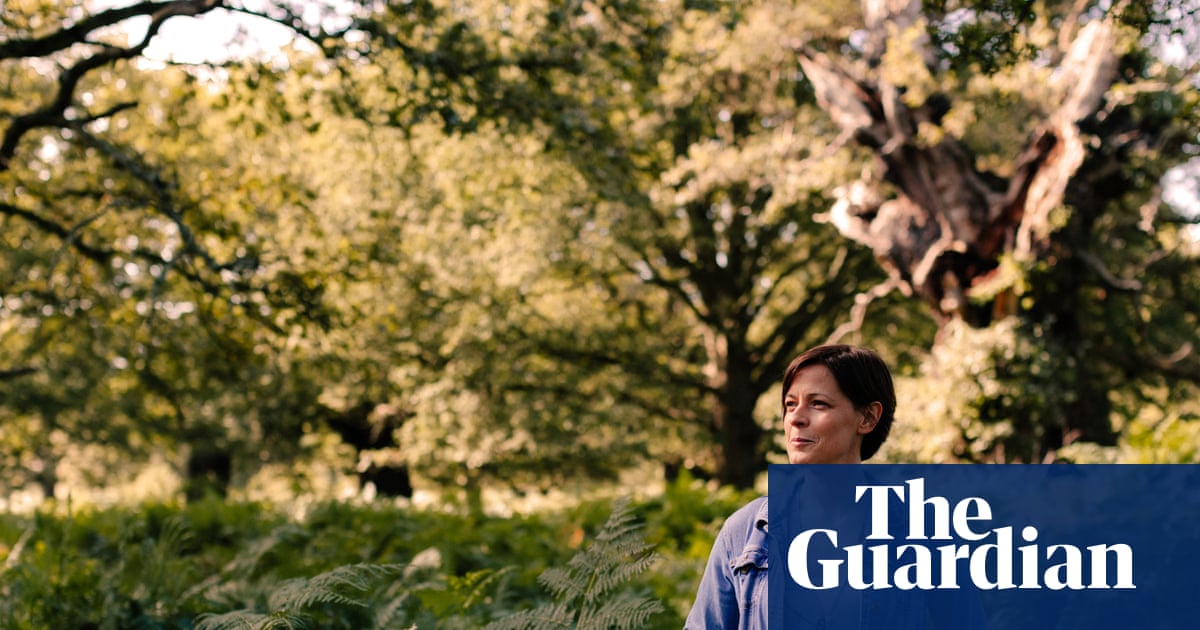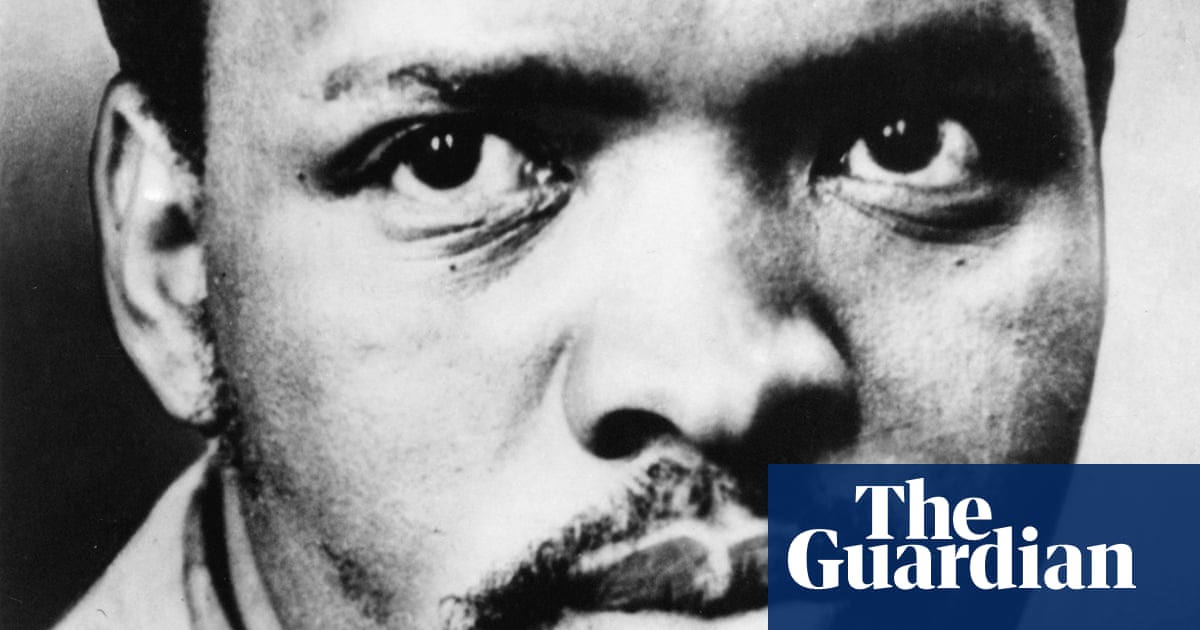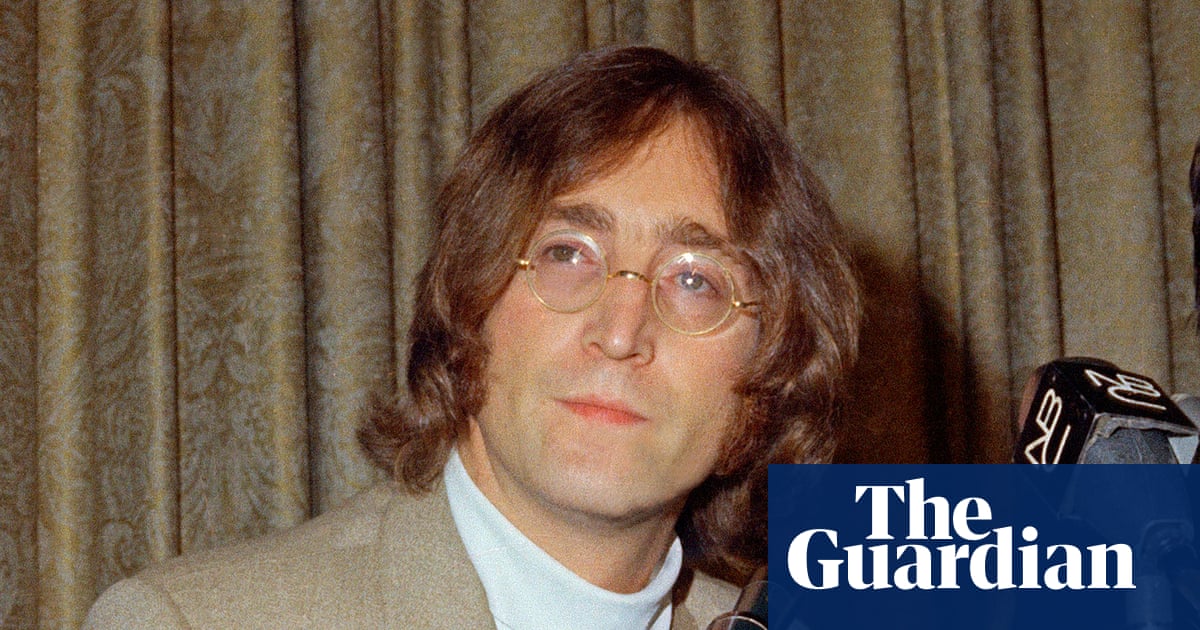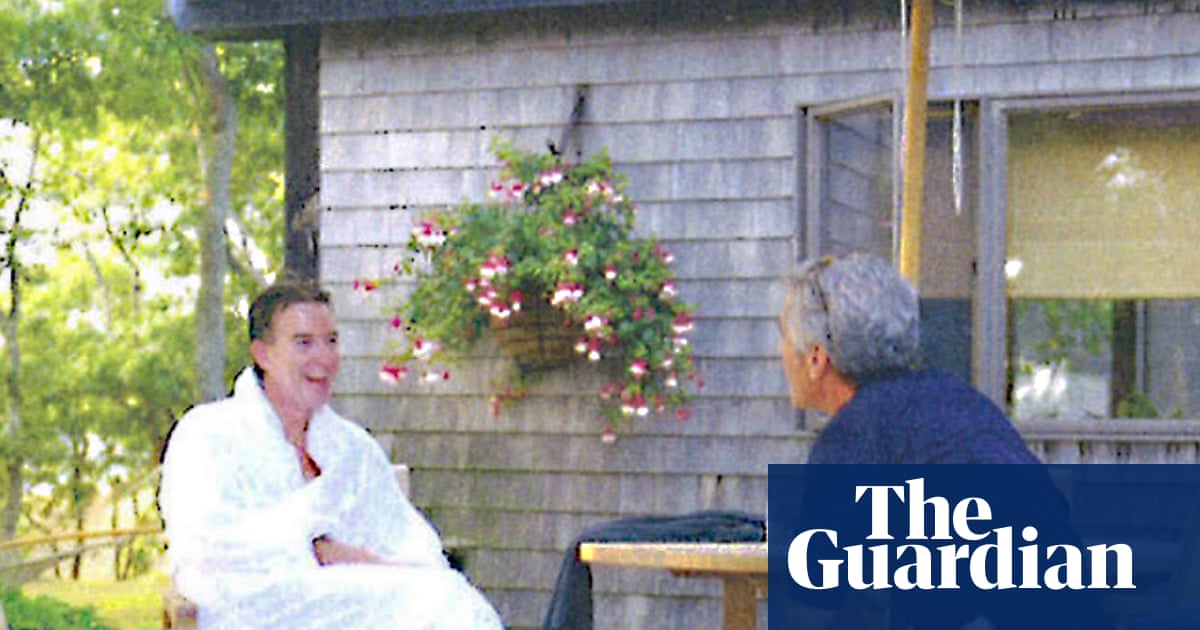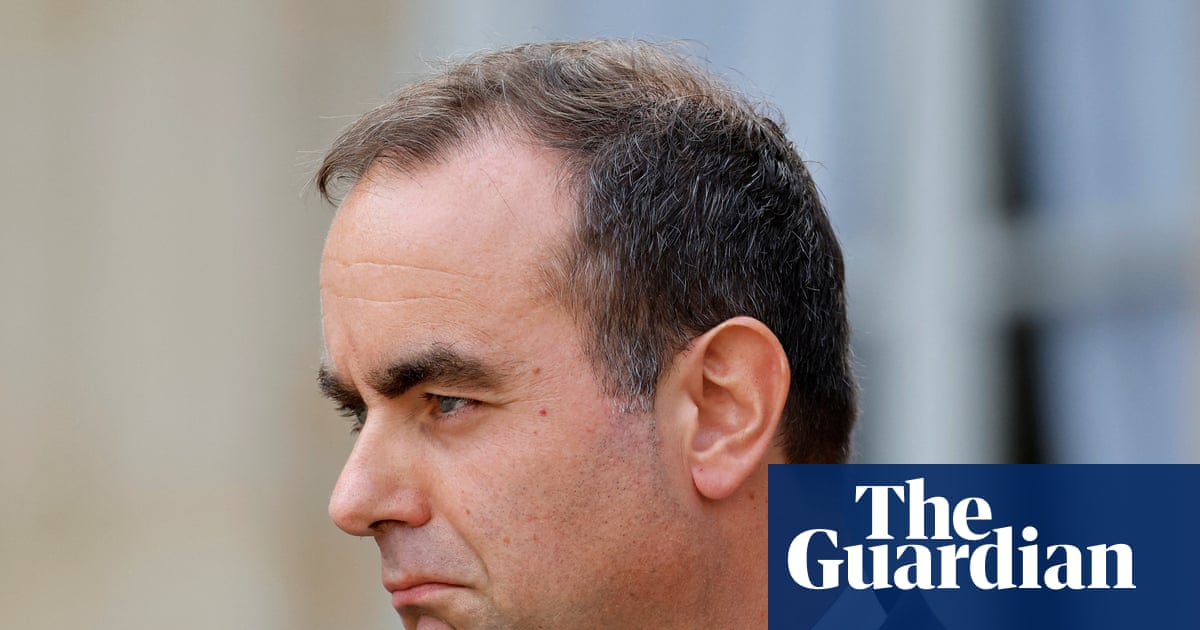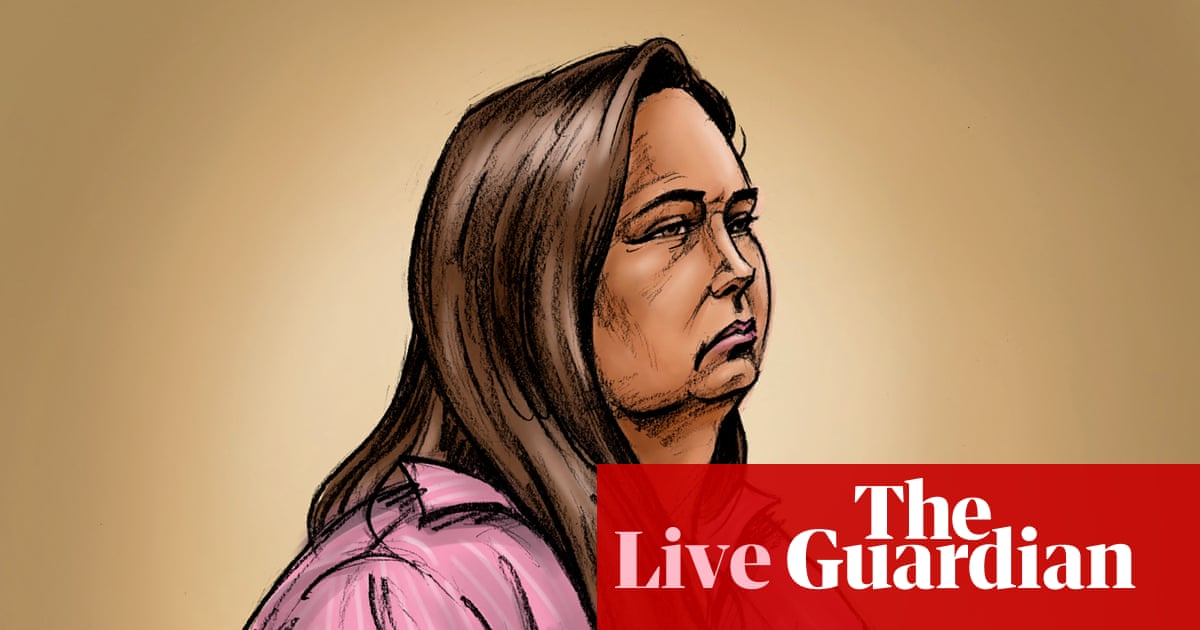The bill to legalise assisted dying for terminally ill people in England and Wales will be strengthened and made more workable by proposed changes, Kim Leadbeater, the MP behind the legislation, has said.
As the House of Commons prepared to debate amendments, Leadbeater said fresh protections had been introduced to allow a further check on applications for assisted dying, and ensure doctors and others were able to opt out of involvement in the process.
More than 100 campaigners on both sides of the assisted dying argument gathered outside parliament in a sign of strength of feeling about the issue.
The bill, which passed its second reading by 55 votes, had been due to face another yes-or-no vote on Friday, the committee stage. But the Commons speaker, Lindsay Hoyle, granted more time for the debate, meaning the only votes will be on specific amendments.
Despite the lack of overall vote, the debate will be closely watched for any signs of shifting sentiment among MPs. Opponents of the bill have talked up the idea that a number of supporters have since changed their minds, but only a few MPs have said this publicly.
The Conservative MP George Freeman, who backed the second reading in November, has since said he will vote no, and there are a handful of others understood to be changing their minds.
The TV presenter and campaigner Esther Rantzen has urged all MPs to back Kim Leadbeater’s “strong, safe, carefully considered bill” to legalise assisted dying in England and Wales.
In an impassioned letter, the broadcaster, who has stage-four lung cancer, said she and other terminally ill adults asked MPs to allow “a good, pain-free death for ourselves and those we love and care for”.
In Friday’s debate, Jess Asato, a Labour MP, intervened to ask Leadbeater if she would dissociate herself from what she said was Esther Rantzen’s “distasteful and disrespectful” comment about opponents of the bill being motivated by undeclared religious beliefs. Leadbeater said she had not seen the remarks.
During the debate, some MPs raised concerns that the bill could allow applicants to “shop around for doctors” to agree to approve their assisted dying request.
Leadbeater said: “I reject the assertion that patients will shop around, bearing in mind we are talking about dying people: they’re not in a position to start shopping around for services.”
Othes, including the Tory MP Rebecca Paul, objected to the idea that people with anorexia, mental health problems or learning difficulties could under some circumstances become eligible for assisted dying through loopholes in the bill, and urged further safeguards.
A group of MPs from medical backgrounds also implored colleagues to support the bill, saying most healthcare professionals “understand that the current law is not working”.
The MPs’ letter is signed by three former doctors – Neil Shastri-Hurst (Conservative), Simon Opher and Peter Prinsley (both Labour) – and a former nurse, Kevin McKenna (Labour).
They criticised what they called the “misleading” idea that medical professionals tended to oppose assisted dying, saying surveys had shown at worst mixed sentiments.
They wrote: “In our experience, most healthcare professionals understand that the current law is not working. It criminalises compassion and forces dying people into situations no civilised healthcare system should accept: unbearable pain, unmitigated suffering, or the traumatic decision to end their lives overseas.
“As doctors and clinicians, we would not tolerate such a system in any other area of care. As parliamentarians, we cannot defend it now.”
Under the timetable set out by Hoyle, two sets of the amendments agreed in the committee stage will be voted on, first on Friday and then on 13 June.
Leadbeater insisted on Thursday that there had been no major drop in support. “There might be some move in either direction but certainly not a huge amount of movement,” she told LBC radio.

 3 months ago
76
3 months ago
76
